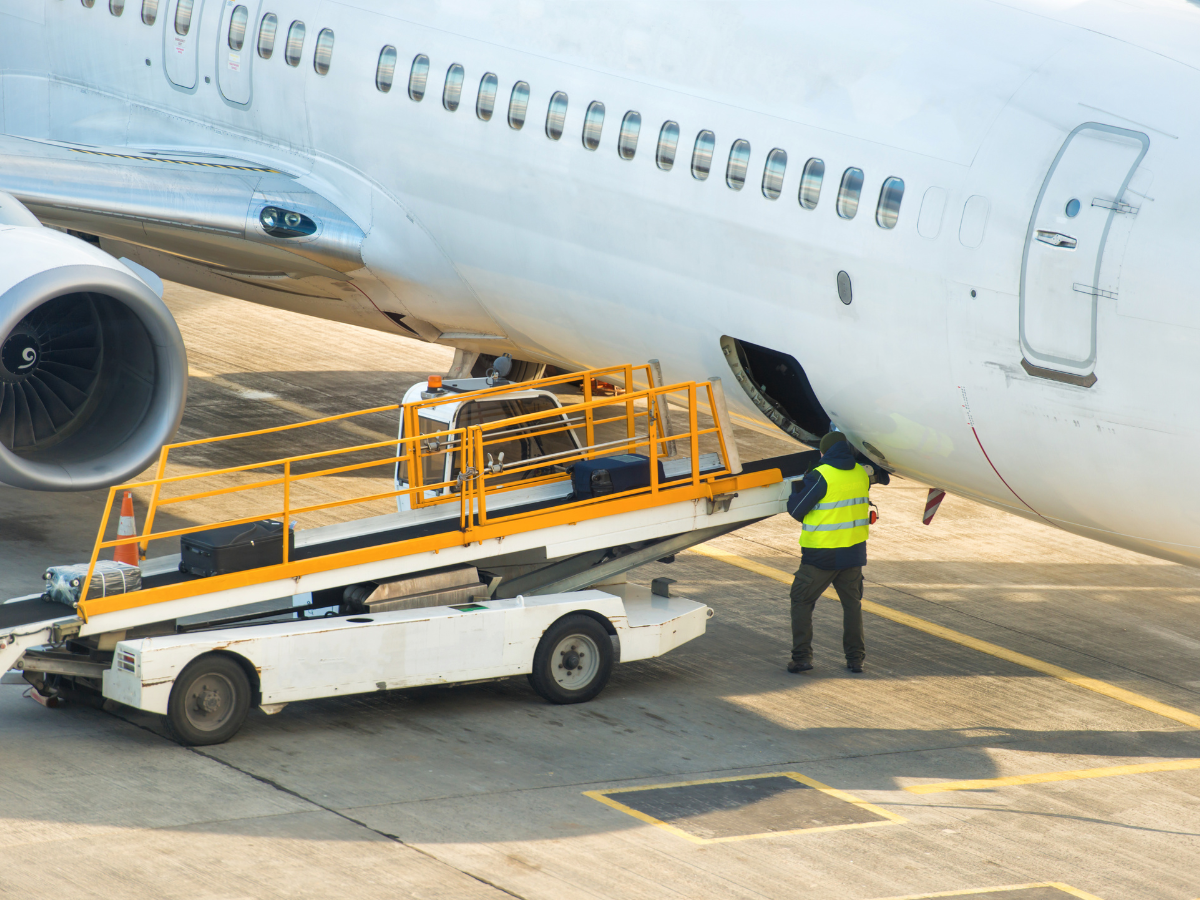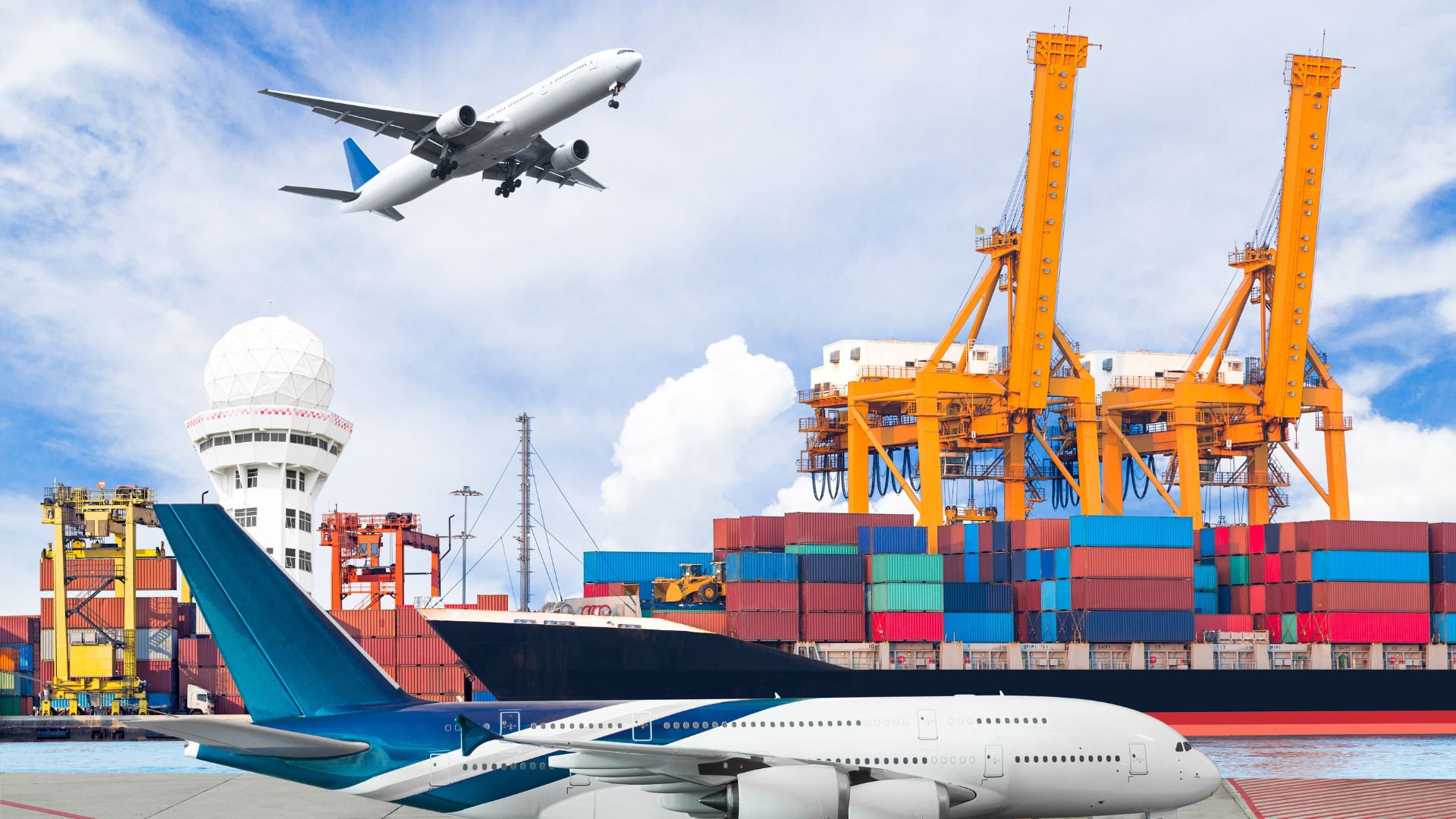The modern global economy depends on fast, reliable, and efficient logistics to function seamlessly. As companies source raw materials from one continent, manufacture on another, and sell in markets across the globe, transportation becomes the invisible thread that ties everything together. Among the various modes of logistics available, International Air Services stand out as a critical component in ensuring smooth supply chain operations. Businesses and logistics partners such as SICSA International Logistics Operation recognize that without air transport, the agility and resilience of today’s supply chains would be compromised.
The Role of Air Transport in Global Supply Chains
Air freight plays a unique role in international trade. Unlike maritime or ground transportation, air logistics focuses on speed and reliability, making it ideal for time-sensitive goods. Industries such as electronics, pharmaceuticals, fashion, and automotive depend heavily on air cargo to meet tight schedules and consumer demands.
Air transport links regions that would otherwise be difficult to connect efficiently. By shortening delivery times from weeks to days—or even hours—air services ensure that supply chains remain agile and competitive in a global marketplace.
Speed as a Strategic Advantage
In an era defined by instant consumer expectations, speed is more than a luxury; it is a competitive necessity. Companies that can deliver products faster enjoy stronger customer loyalty and a better market position. Air logistics allows businesses to cut lead times dramatically, which is crucial for industries where products have short lifecycles or need to reach markets quickly.
For example, fashion retailers rely on air shipping to deliver seasonal collections to global markets at the right moment, while technology companies depend on it to launch products simultaneously worldwide. Without the rapidity of air transport, meeting these expectations would be nearly impossible.
Ensuring Reliability and Predictability
Reliability is another cornerstone of successful supply chains. Predictable delivery schedules allow companies to minimize inventory levels and reduce warehousing costs while ensuring that production lines continue uninterrupted. Air cargo is supported by structured schedules, advanced tracking systems, and high standards of operational management, all of which contribute to consistent and reliable delivery.
This predictability is especially valuable in supply chains that rely on lean inventory models. Businesses know they can depend on air services to deliver critical parts and materials exactly when needed, avoiding costly production delays.
Supporting Just-in-Time and Lean Models
The Just-in-Time (JIT) and lean inventory models are widely adopted in global manufacturing. These systems depend on having the right materials at the right time, with little room for error. Air transport enables businesses to operate with minimal inventory, freeing up capital and reducing waste.
For example, automotive manufacturers often rely on daily shipments of specific components from overseas suppliers. Air services ensure that these shipments arrive punctually, keeping production lines moving and avoiding costly stoppages.
Serving High-Value and Perishable Goods
Certain products cannot be entrusted to slower modes of transport. High-value goods such as electronics, jewelry, and precision machinery require secure, quick transit to reduce the risk of theft, damage, or obsolescence. Similarly, perishable goods—such as fresh produce, flowers, and pharmaceuticals—must reach their destinations rapidly to preserve quality.
Air services provide specialized handling, climate control, and priority treatment to meet these requirements. Without air freight, many of these industries would struggle to operate in international markets, highlighting the indispensable role of air logistics.
Flexibility in Times of Disruption
Global supply chains are increasingly vulnerable to disruption, whether from natural disasters, geopolitical tensions, pandemics, or unexpected demand surges. Air services provide the flexibility needed to respond quickly to these challenges.
For instance, during port closures or shipping backlogs, businesses can shift urgent shipments to air freight to maintain supply chain continuity. This adaptability ensures that companies can keep serving customers even in uncertain circumstances, strengthening resilience against external shocks.
Leveraging Technology in Air Logistics
Technology has become deeply integrated into modern air services. Real-time tracking, automated customs clearance, and digital platforms provide transparency and control throughout the shipping process. Businesses benefit from visibility into their shipments, enabling proactive decision-making and faster problem resolution.
In addition, predictive analytics and artificial intelligence are improving route optimization, demand forecasting, and inventory planning. These innovations enhance efficiency while supporting the broader goal of keeping supply chains running smoothly.
Balancing Efficiency with Sustainability
While air freight is essential for speed and reliability, it is also more energy-intensive compared to other modes of transport. The industry has responded with initiatives aimed at reducing its environmental impact. From adopting fuel-efficient aircraft and sustainable aviation fuels to streamlining cargo loads and optimizing routes, significant progress is being made.
For businesses, choosing partners that prioritize sustainability ensures they can meet their own environmental goals while still benefiting from the critical advantages of air logistics. This balance between efficiency and responsibility is becoming increasingly important in global trade.
The Future of Air Logistics in Supply Chains
As global trade continues to expand and evolve, air logistics will remain central to supply chain strategies. The growth of e-commerce, rising consumer expectations for rapid delivery, and increasing globalization of manufacturing all point toward greater reliance on air services.
Emerging technologies such as drone deliveries, autonomous cargo handling, and smarter logistics hubs will further enhance the efficiency and reach of air freight. For businesses looking to stay competitive, integrating air services into their logistics mix will not be optional but essential.
Conclusion
Global supply chains depend on efficiency, resilience, and speed to operate without disruption. Among the various modes of transportation, International Air Services provide the reliability, agility, and connectivity that modern businesses require. They support just-in-time models, protect high-value goods, enable rapid market entry, and ensure continuity even in times of disruption. Organizations like SICSA International Logistics Operation demonstrate how expertise in air freight logistics can keep supply chains running smoothly and help companies succeed in today’s competitive global economy.














